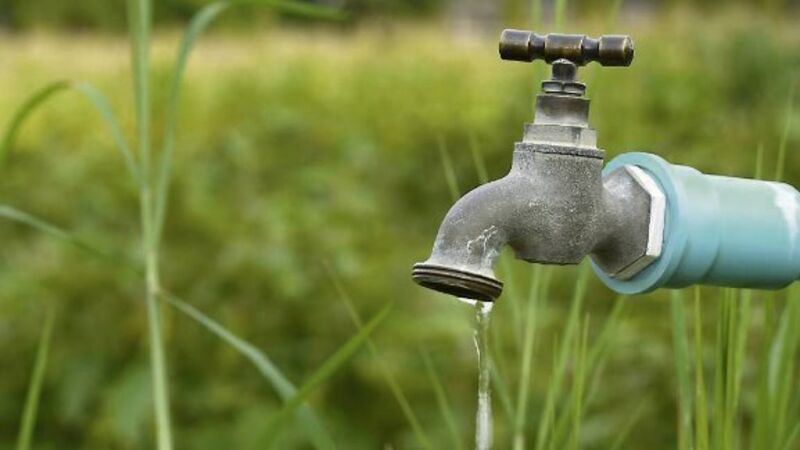Water quality ideas and proposals needed from everyone

Water quality tests in the 2013-2015 period showed 45% of our rivers, and 54% of our lakes, had a “less than good” status.
There is an opportunity for you and I right now to have our say on the management and upkeep of our rivers and lakes.













